For people who’ve never experienced depression, it can be hard to understand just how overwhelming and intense it can be.
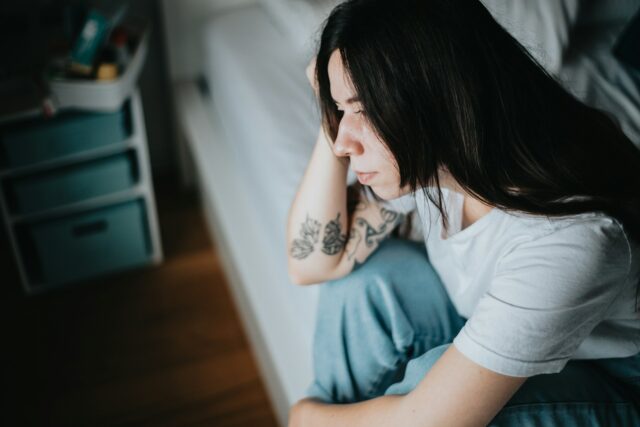
It’s more than just feeling a little sad — when it’s at its worst, it can make it hard to even get up in the morning (and many wish that they hadn’t). If you want to be more empathetic towards those with mental health issues, or you simply find comfort in seeing your own experiences put into words, here’s what depression is really like for those who have it.
1. Depression feels like an unending weight.

Imagine waking up every day with a feeling of heaviness that never quite lifts, no matter how many things go right. It’s a burden that presses down, making even the simplest tasks feel insurmountable. You’re not lazy or unmotivated—it’s as if an invisible force is holding you back, and that weight is impossible to shrug off.
2. The world seems muted and distant.

Depression often feels like there’s a fog over everything, dulling colours, sounds, and sensations. The joys that once lit up your life become hard to see or feel, like they’re fading into the background. Interactions with friends and family may feel distant, as if you’re watching them from far away, unable to connect. It’s like a layer between you and the world that refuses to clear.
3. Motivation becomes almost non-existent.
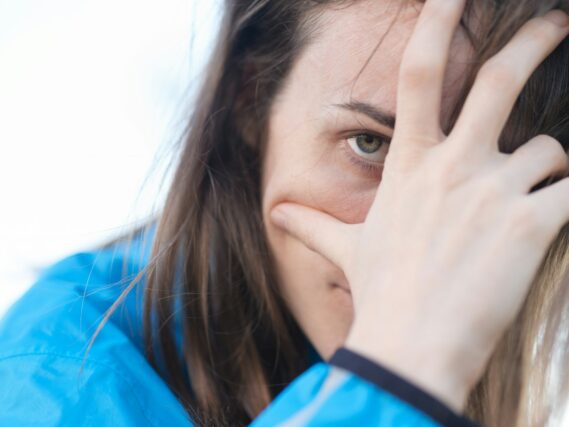
When you’re dealing with depression, the energy you once had for things you enjoyed or even just basic responsibilities drains away. It’s not that you don’t want to engage—it’s that there’s simply no fuel left. Even getting out of bed can feel like climbing a mountain. Tasks pile up, and the guilt of not doing them only adds to the feeling of failure, trapping you in a cycle that feels impossible to break.
4. You’re constantly exhausted, even if you’re getting enough sleep.
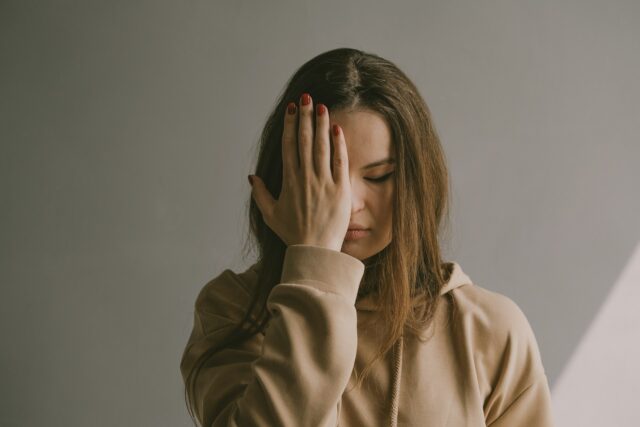
Depression doesn’t care how many hours you slept last night; exhaustion is there anyway, lingering like a shadow. It’s a weariness that seeps into your bones, making even the thought of moving feel exhausting. Sleep might come in fits and starts, or it may seem never-ending, but no amount of rest seems to shake off the fatigue that clings to every day.
5. It feels like you’re isolated, even when surrounded by people.
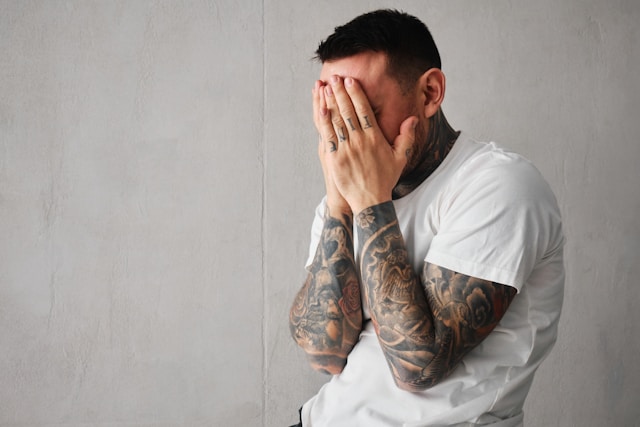
Depression can make you feel like you’re separated from everyone around you, even in a crowded room. Conversations become harder to follow, and it feels like no one can truly understand what you’re going through. You may crave connection but feel unable to reach out, creating a painful sense of loneliness that depression only deepens.
6. Self-worth and confidence disappear.
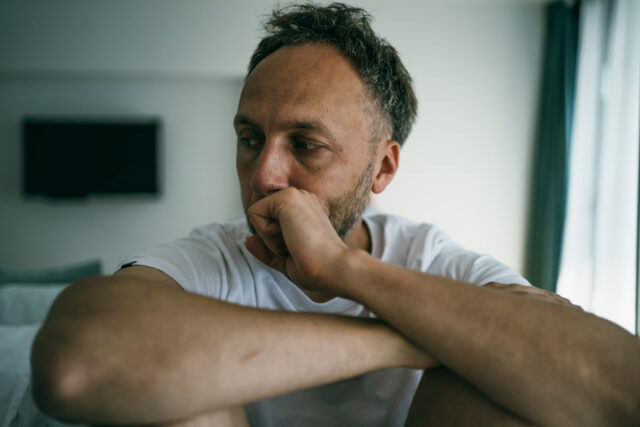
Depression doesn’t just sap your energy; it undermines your belief in yourself. Suddenly, things you once felt proud of don’t seem to matter, and your accomplishments feel hollow. This loss of self-worth is more than insecurity—it’s a persistent sense that you’re failing, even when people may see you differently. It’s as though the mirror reflects only flaws and shortcomings.
7. There’s a constant mental chatter of negativity.
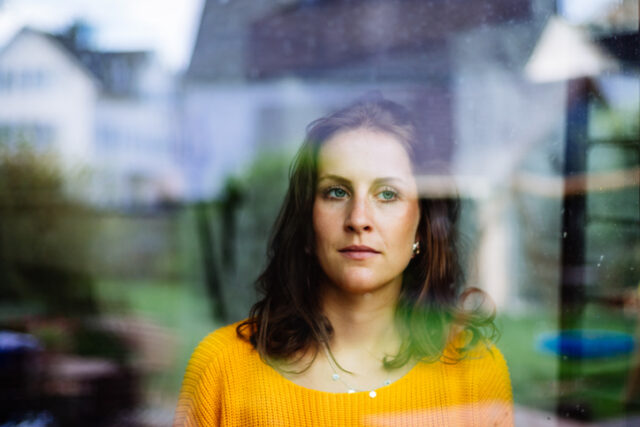
For many, depression brings with it a relentless inner critic that magnifies every mistake and dismisses every success. This voice repeats the worst things you fear about yourself, drowning out any positive thoughts. The self-talk becomes so loud and insistent that it’s hard to remember it’s not the truth, leaving you trapped in a cycle of self-doubt and pain.
8. Joy feels like a memory rather than a possibility.

Perhaps the most painful part of depression is the loss of joy. Moments that once brought happiness now feel empty, and the thought of finding joy again seems impossible. It’s a feeling that robs you of hope, making the future look bleak. But while it might not feel possible in the midst of depression, the truth is that joy can be found again with time and support.
9. The smallest setbacks feel catastrophic.

With depression, even minor mishaps can feel like the end of the world. A small mistake or a forgotten task can spiral into feelings of shame, worthlessness, and despair. This amplifies daily stresses, making them feel insurmountable.
10. Physical pain often comes with the mental weight.

Depression can manifest as physical symptoms too: headaches, back pain, stomach issues, and muscle tension. The mind-body connection means that the emotional pain you’re carrying can start to take a toll on your physical health, adding another layer to the struggle.
11. It’s hard to remember good memories.
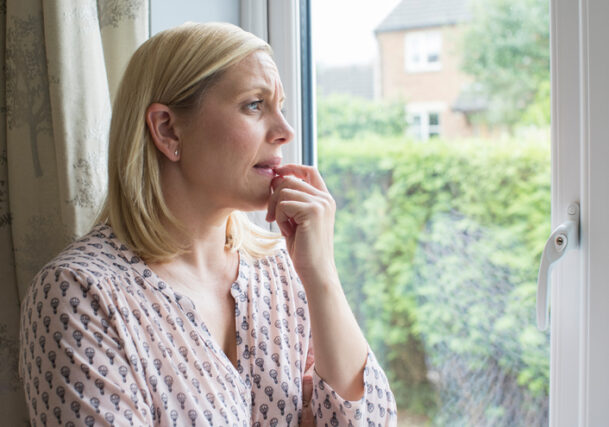
Depression often clouds your ability to recall happy times, instead leaving you focused on past hurts or failures. This altered memory can make it feel as if there was never a time without pain, further reinforcing feelings of hopelessness.
12. You feel numb to emotions, good or bad.
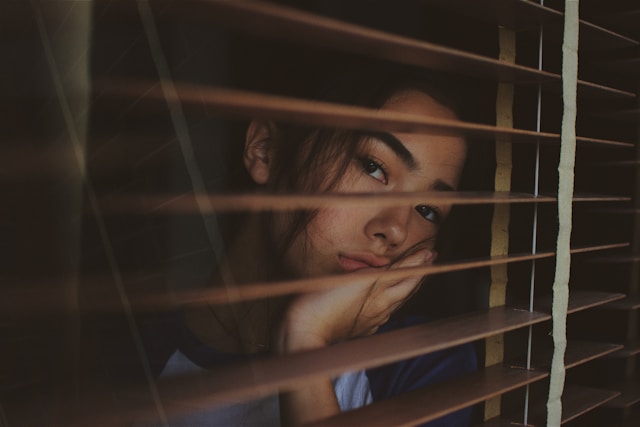
It’s not just sadness that defines depression—often, it’s a numbing sensation that mutes all feelings. You might not feel joy, sadness, anger, or excitement as you used to, making it hard to engage with life meaningfully. This numbness can be just as hard to bear as any negative emotion.
13. Time feels like it’s dragging, yet slipping away.
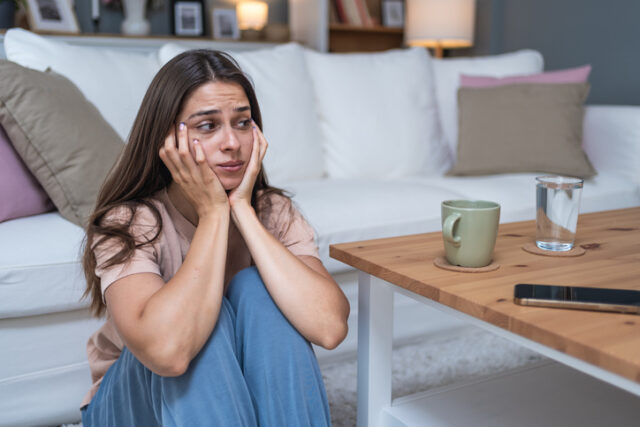
Depression can warp your sense of time, making each day feel like it drags on endlessly while months or years slip by unnoticed. This creates a sense of losing control over your life and time, which can deepen feelings of helplessness.
14. Every day feels like an uphill battle.

Depression isn’t something you can just “snap out of”; it’s a daily struggle that requires strength to navigate. Finding support, whether through therapy, friends, or self-care, is crucial for slowly lifting the weight and finding a path to recovery. Depression is painful, but with help, hope can return.




